Question And Answer
Publications
Articles, publications, books, tools and multimedia features from the U.S. Institute of Peace provide the latest news, analysis, research findings, practitioner guides and reports, all related to the conflict zones and issues that are at the center of the Institute’s work to prevent and reduce violent conflict.
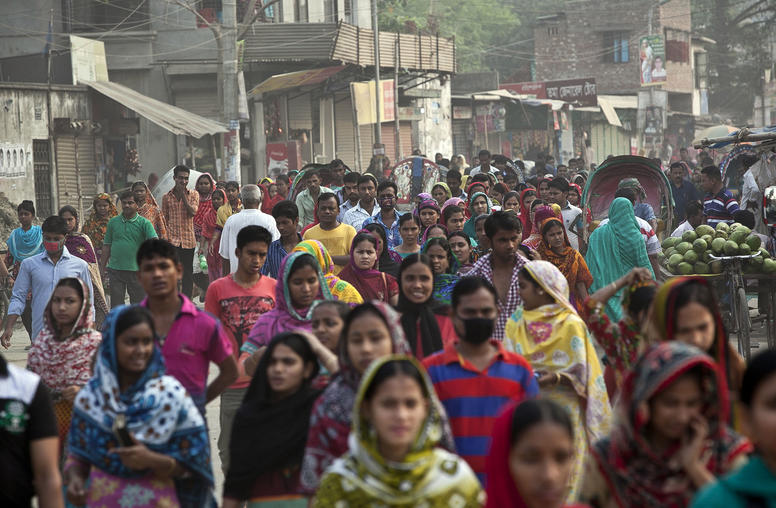
Bangladesh’s Balancing Act Amid the U.S. Indo-Pacific Strategy
As the Biden administration implements its new Indo-Pacific strategy, Bangladesh’s relationships with neighboring India and China are drawing renewed interest from U.S. policymakers. U.S. Undersecretary for Political Affairs Victoria Nuland visited Dhaka in late March and signed a draft defense cooperation agreement; last year, Special President Envoy for Climate John Kerry also went to Dhaka in advance of the Leaders’ Summit on Climate. At the same time, Washington retains concerns over democratic backsliding, human rights abuses and constraints on free and open electoral competition in the country. Experts Anu Anwar, Geoffrey Macdonald, Daniel Markey and Jumaina Siddiqui assess the factors shaping Bangladesh’s relations with its neighbors and the United States.
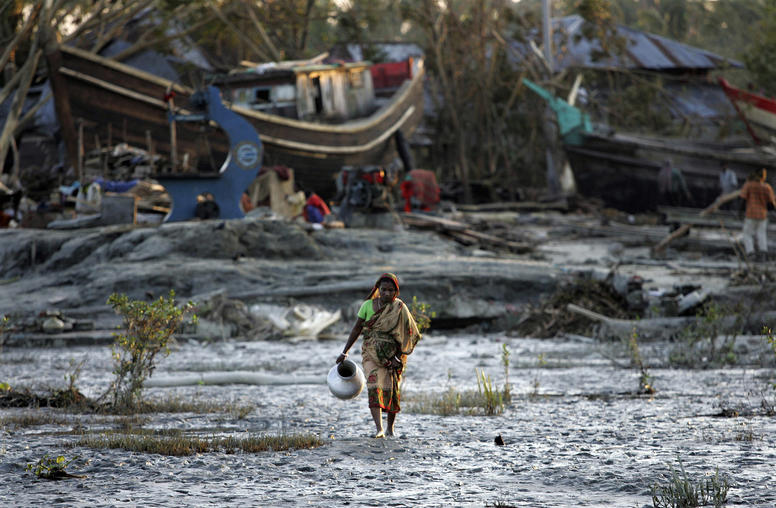
How Climate Change Deepens Bangladesh’s Fragility
The Intergovernmental Panel on Climate Change (IPCC) released its sixth report on the state of the earth’s climate in early August — and it paints a dire picture. The report argues that unless governments take appropriate measures to curb greenhouse gas emissions and spur behavioral change, the world is moving toward a climate crisis of rising sea levels, warmer temperatures and more extreme weather. The report’s findings are particularly relevant in Bangladesh, where low elevation, high population density and weak infrastructure make it highly vulnerable to climate change.
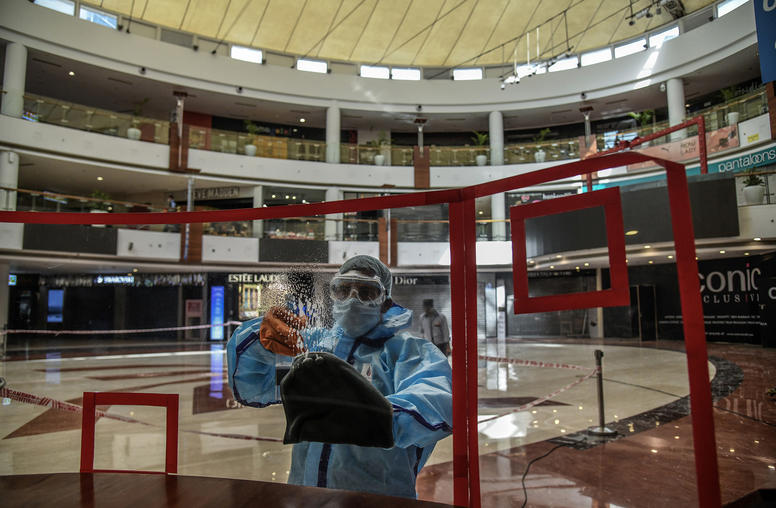
The Impact of COVID-19 on South Asian Economies
The COVID-19 pandemic has caused one of the most serious public health and economic crises faced by India, Bangladesh, and Pakistan in recent years. This report looks at the economic impact on these nations, their prospects for the remainder of 2021, and their relations with the United States. It identifies key areas of focus for ensuring the subcontinent’s recovery is equitable—which, in the context of an erosion of democratic norms, growing authoritarianism, and severe crackdown on dissent, could help avoid economic and social instability.
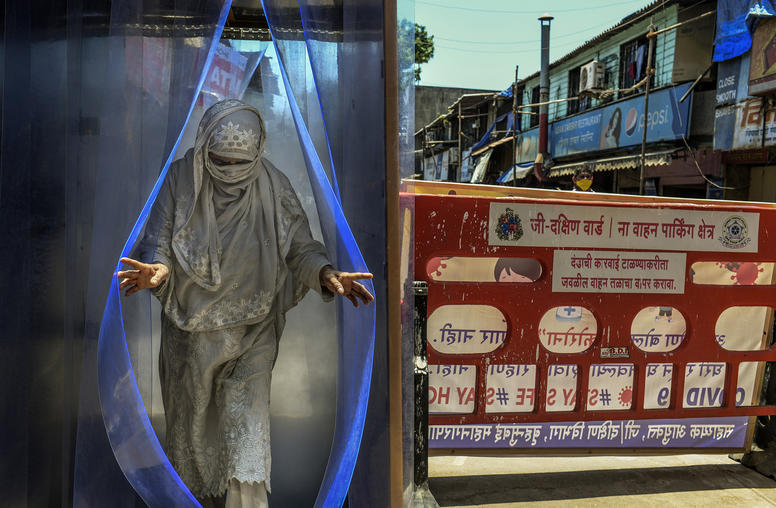
Coronavirus Tightens its Grip on South Asia
In South Asia, home to some of the world’s most densely populated nations, the COVID-19 pandemic has tightened its grip—causing infections to soar, battering economies, and plunging many into poverty. Governments have mostly struggled to cope.
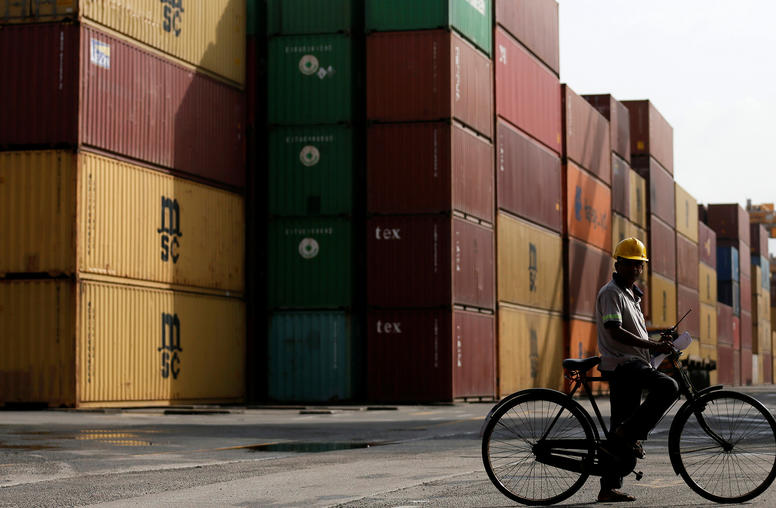
China’s Engagement with Smaller South Asian Countries
When the government of Sri Lanka struggled to repay loans used to build the Hambantota port, it agreed to lease the port back to China for 99 years. Some commentators have suggested that Sri Lanka, as well as other South Asian nations that have funded major infrastructure projects through China’s Belt and Road Initiative, are victims of “China’s debt-trap diplomacy.” This report finds that the reality is...
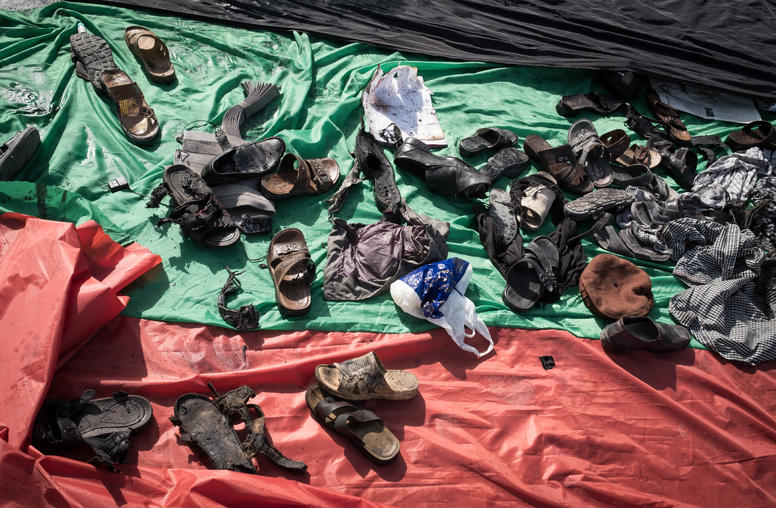
South Asia: Rising Extremism Opens Way for ISIS
Across South Asia, complex strains of extremism are opening the way for the Islamic State and destabilizing governments. From elements in the Afghan Taliban to the ascent of Hindu nationalism in India, extremists are drawing the region deeper into volatile internal and external conflicts, according to experts on religion and extremism speaking recently at the U.S. Institute of Peace. There are no quick ways to reverse the trend, they said. But steps that could slow radicalization include bolstering free speech, attacking terrorists’ financial networks and undermining the myth that a long-ago caliphate ruled over a perfect society.
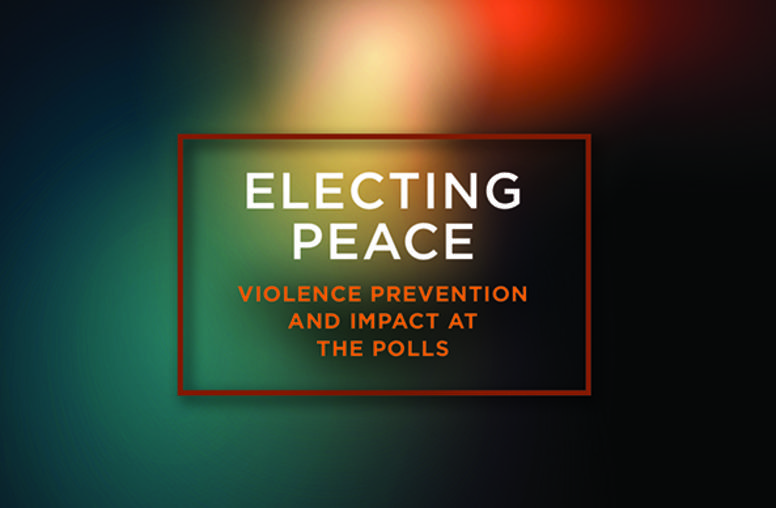
Electing Peace
Electing Peace: Violence Prevention and Impact at the Polls examines election violence prevention and assesses the effectiveness of different prevention practices—which are effective, which are not, and under what circumstances.
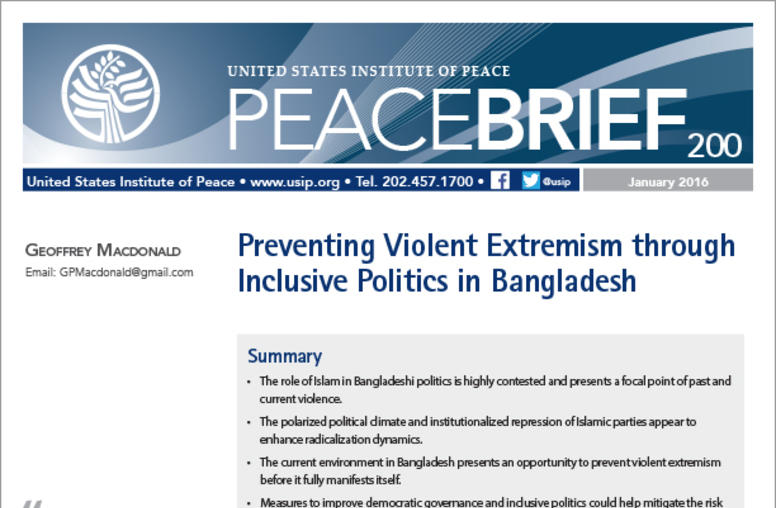
Preventing Violent Extremism through Inclusive Politics in Bangladesh
Bangladesh has a long history of political and electoral violence that has shaped its political culture. Since the early 2000s, it has experienced a renewal of violent extremism and an increasingly polarized political climate. By addressing the relationship between radicalization and institutional dysfunctions, this Peace Brief examines how Bangladesh can help undermine the issues that bolster radicalization efforts by strengthening political and social institutions and making them more inclu...
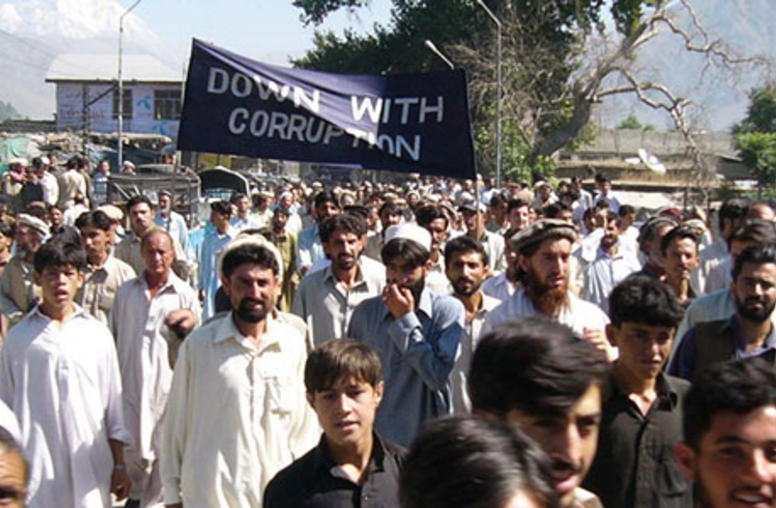
How to Stop Extremism Before It Starts
Endemic corruption is padding the ranks of militant fundamentalist groups. Here's how communities are fighting back.
On the Issues: Bangladesh
Christine Fair explains how Bangladesh's current problems stem from decades of failed governance and rule of law.